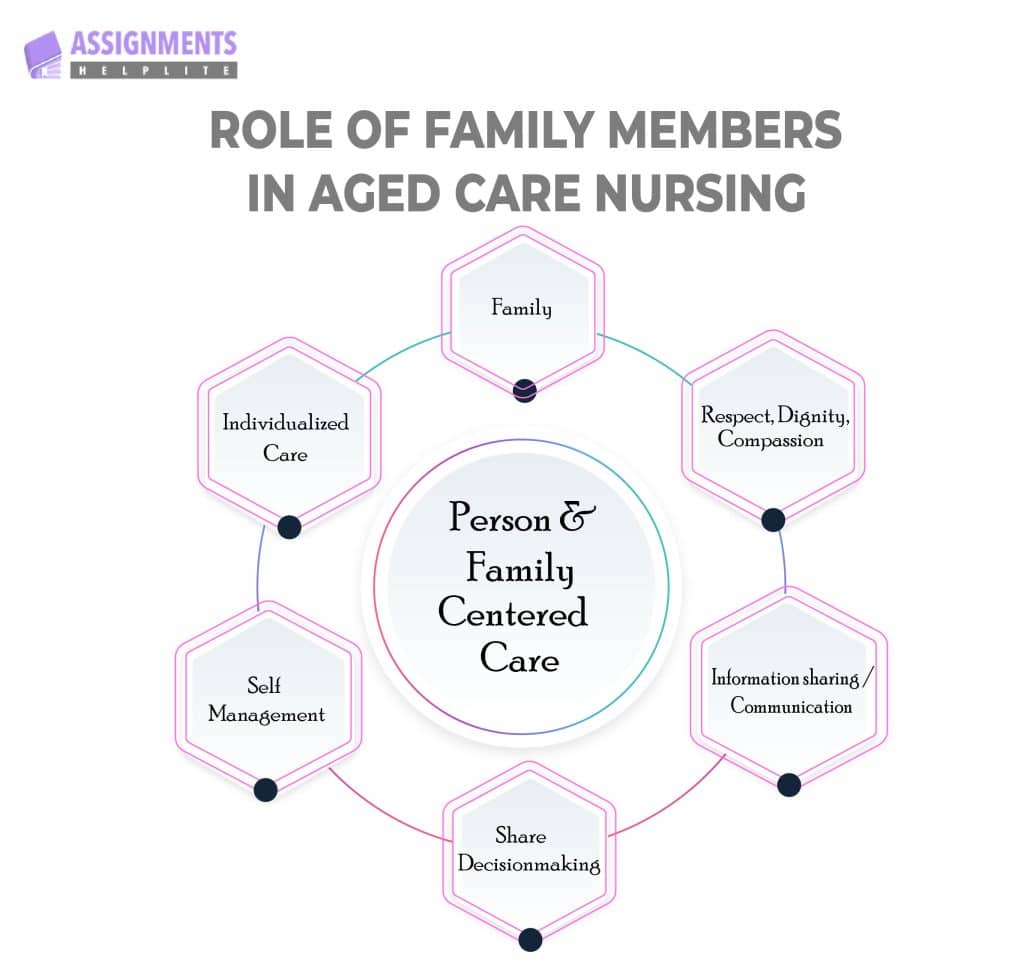-

- Home
- Services
- Assignment Writing Help
- Assignment
- Quality Assignment Help
- Help With Assignment Online
- All Assignment Help
- Best Assignment Helper
- Get All Assignment Help Online
- My Assignment Help
- Best Assignment Experts
- Best Assignment Help
- Help My Assignment
- Assignment Help Pro
- Great Assignment Help
- All Assignment Support
- Assignment Master Canada
- Goto Assignment Help
- Assignment Help Services
- Total Assignment Help
- Online Assignment Help
- Online Assignment Maker
- Essay Writing Help
- Coursework Help
- Thesis Writing Help
- Proofreading
- Homework Help
- Research Work Help
- Dissertation Writing Help
- Visa Guide Help
- Case Study Writing Help
- CDR Writing Help
- Assignment Writing Help
- Subjects
- Programming Assignment Help
- Asp.net Assignment Help
- Python Assignment Help
- Object-Oriented Programming Assignment Help
- Biostatistics Assignment Help
- Database Management Assignment Help
- C++ Assignment Help
- HTML Assignment Help
- Coding Assignment Help
- Perl Assignment Help
- JavaScript Assignment Help
- AJAX Assignment Help
- Pascal Assignment Help
- R Programming Assignment Help
- Nursing Assignment Help
- Aged Care Assignment Help
- Nursing care plan Assignment Help
- Childcare Assignment Help
- Medical Ethics Assignment Help
- Mental Health Assessment Help
- Healthcare Assignment Help
- Behavioral Health Assignment Help
- Human Nutrition Assignment Help
- Community Care Nursing Assignment Help
- Pharmacology Assignment Help
- Anthropology Assignment Help
- Public Health Assignment Help
- Management Assignment Help
- Project Management Assignment Help
- Strategic Management Assignment Help
- Marketing Management Assignment Help
- Change Management Assignment Help
- Conflict Management Assignment Help
- Risk Management Assignment Help
- Customer Relationship Management Assignment Help
- Business Ethics Assignment Help
- Hospitality Management Assignment Help
- Business Analytics Assignment Help
- E-Commerce Assignment Help
- Supply Chain Management Assignment Help
- Marketing Assignment Help
- Digital Marketing Assignment Help
- Strategic Marketing Assignment Help
- Marketing Principles Assignment Help
- Marketing Research Assignment Help
- Marketing Communication Assignment Help
- Marketing Case Study Analysis Assignment Help
- Marketing Assignment Writing Help
- Marketing Plan Assignment Help
- Business Plan Writing Help
- Law Assignment Help
- Business Assignment Help
- Accounting Assignment Help
- Finance Assignment Help
- Business Accounting Assignment Help
- Auditing Assignment Help
- Corporate Accounting Assignment Help
- Cost Accounting Assignment Help
- Taxation Accounting Assignment Help
- Managerial Accounting Assignment Help
- MYOB Assignment Help
- Capital Budgeting Assignment Help
- Personal Finance Assignment Help
- IT Assignment Help
- Computer Science Assignment Help
- Machine Learning Assignment Help
- Database Assignment Help
- Java Assignment Help
- Information Technology Assignment Help
- Ansys Assignment Help
- Joomla Assignment Help
- Network Security Assignment Help
- Operating System Assignment Help
- System Analysis and Design Assignment Help
- C Sharp Assignment Help
- SQL Assignment Help
- Engineering Assignment Help
- Civil Engineering Assignment Help
- MATLAB Assignment Help
- AutoCAD Assignment Help
- Mechanical Engineering Assignment Help
- Electrical Engineering Assignment Help
- Aerospace Engineering Assignment Help
- Biomedical Engineering Assignment Help
- Structural Engineering Assignment Help
- Biotechnology Assignment Help
- Architecture Assignment Help
- Solidworks Assignment Help
- Electronics Assignment Help
- Economics Assignment Help
- Statistics Assignment Help
- Science Assignment Help
- Humanities Assignment Help
- Geography Assignment Help
- Political Science Assignment Help
- Psychology Assignment Help
- Philosophy Assignment Help
- History Assignment Help
- Agroecology Assignment Help
- Public Relations Assignment Help
- English Assignment Help
- Arts Assignment Help
- Sociology Assignment Help
- Linguistics Assignment Help
- Social Science Assignment Help
- Programming Assignment Help
- Blog
- Contact us
- About us
- Login
- Order Now
✕


